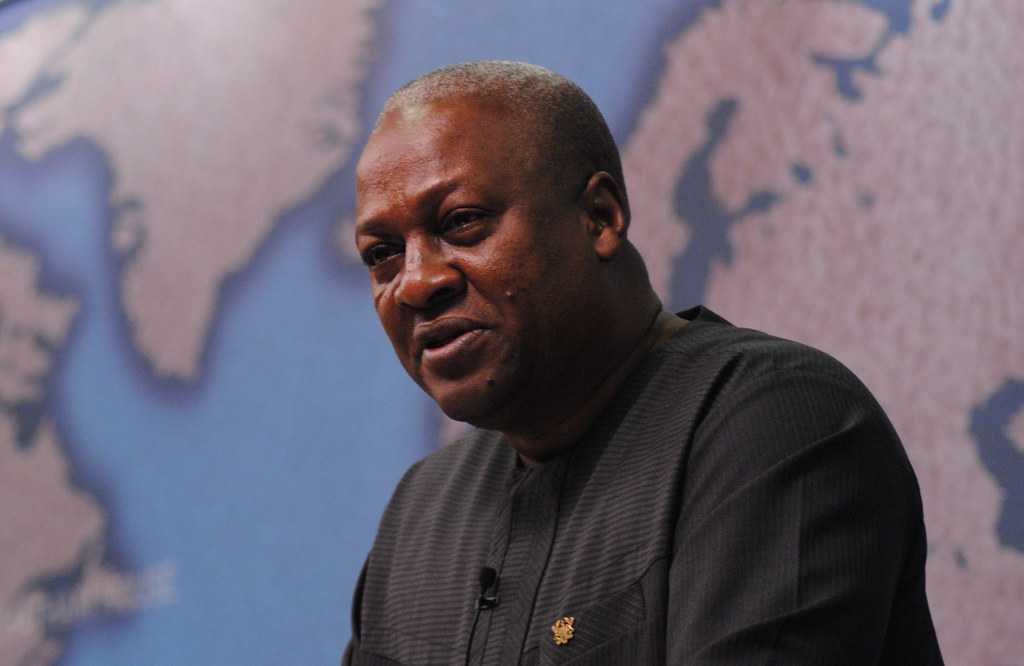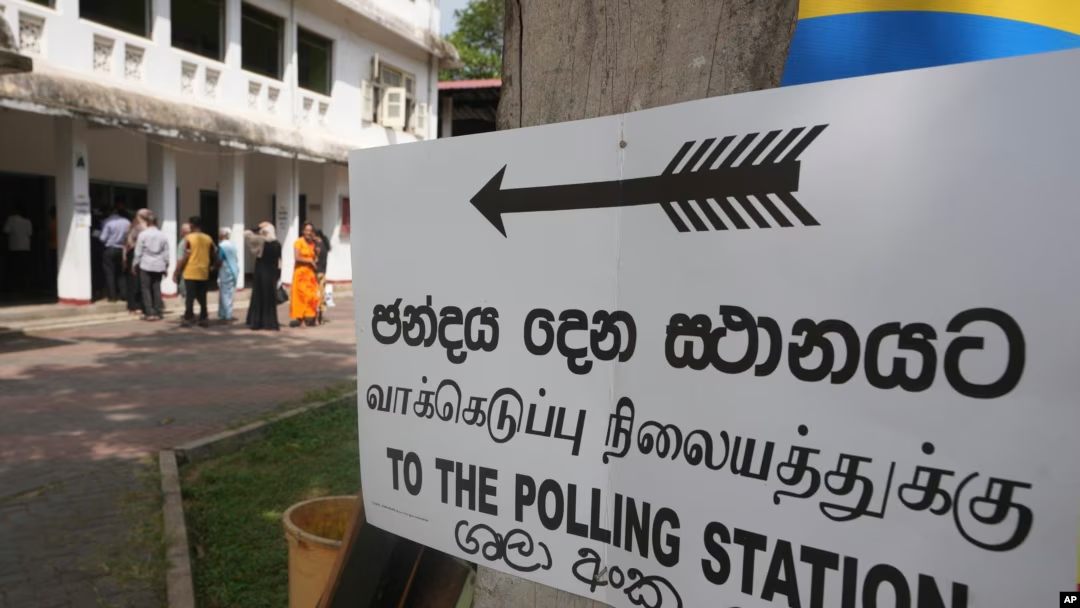The scale of Australia’s superannuation pool also presents foreign policy opportunities. However, without a coherent foreign policy framework to guide these strategic ambitions, conflicting objectives and risk aversion among fund managers threaten to undermine the effectiveness of this evolving role.
In February’s superannuation summit in the US, the clear underlying agenda was to make the extent of Australia’s growing financial contribution to the US economy explicit to Trump administration officials. In the short run, this was about building the case for Australia being exempted from the administration’s tariff regime. In the longer run, superannuation is being framed as a ballast for bilateral relations under a more unpredictable president, as well as a signal of Australia’s ongoing commitment to the US with one eye to AUKUS.
Mixed messages
This foreign policy application of superannuation is quite a departure, however, from the Albanese government’s prior initiatives. Earlier in this term of government, we saw the major superannuation funds visit Indonesia and Singapore at the encouragement of the prime minister to build relationships. The Southeast Asia and India economic strategies have similarly urged Australian investors, including super funds, to move into these non-traditional markets. The strategic rationale for all this is to diversify Australia’s economic relationships away from China while also broadening the pool of foreign investment available in regional economies to mitigate Beijing’s influence.
The government has also identified defence industry as a target for superannuation investment to supplement public spending. A dramatic expansion in such investment would, however, need to overcome barriers created by the Eenvironmental, Social, and Governance (ESG) policies of some funds and the pervasive view among investors that defence and security are high-risk asset classes.
Looking back at the last three years, fund managers and members would be forgiven for their confusion at what exactly their role should be in Team Australia’s foreign and strategic policy. As Greg Earl asked, just “[h]ow many cuts can the modern magic pudding [of superannuation] bear?” Encouraging super funds, who are legally responsible as trustees to their members, to take on supplementary objectives grounded in foreign or defence policy is already a significant evolution from their core mandate. However, piling on multiple strategic ends without a clear sense of priority risks deterring funds from engaging at all, as well as diluting any foreign policy dividends that might actually accrue.
At its most ambitious, Australia superannuation could be used as a pool of strategic equity to not just provide alternatives to Chinese finance, but to directly compete for stakes in valuable assets, such as critical or dual-use infrastructure. Misha Zelinsky has argued that superannuation could be used to “counter Chinese economic power” and in so doing “enhance regional security, improve the economic performance of the Indo-Pacific, boost Australia’s international reputation as a dependable ally and partner—and be a powerful potential model for the use of U.S. pension schemes in large states such as California, New York, and Florida.”
Learning from Norway?
Australia could learn from Norway’s pursuit of foreign policy objectives through its “Government Pension Fund Global” (GPFG), a sovereign wealth fund that invests the country’s resource wealth. Though, in contrast to Australian superannuation, the GPFG is state-owned and invests sovereign wealth; the way the Norwegian Government influences fund managers to enact economic statecraft is instructive. The government regularly updates a set of “ethical guidelines” that ensure investments are consistent with Norwegian foreign policy. These guidelines sit alongside the benchmark index which sets the target for financial returns. The guidelines require the GPFG to avoid or divest from certain companies (e.g., with human rights concerns), as well as prioritising sectors that comport with Norway’s liberal democratic values.
As a public asset, Norway’s pension fund naturally affords its government far greater control over the investment strategy than Australia’s system of privately-run funds. However, Australia could benefit from an equivalent instrument to the “ethical guidelines” that clearly articulates and justifies the government’s position on international investment of superannuation—in particular, the markets that should be prioritised (or de-prioritised) and the economic diplomacy objectives to be pursued. Labor has courted controversy around the Future Fund—Australia’s own sovereign wealth fund—regarding instructions that the fund consider investing in preferred asset classes that reflect government policy. Therefore, any similar guidance for private capital in the superannuation sector would need to make a strong commercial and foreign policy case to investors.
Nonetheless, it is not clear that super funds, nor their members, yet have sufficient risk appetite (or patriotism) for retirement savings to be invested for the national interest and in ways that might compromise self-interest. As Zelinsky notes, such strategic investments would need safeguards, such as the Australian Government underwriting investments or lending, as well as ensuring rigorous oversight for deals. Even with such protections, however, super funds would need a significant incentive to engage in such a reputationally risky and complex investment when there are simpler options available to them.
No easy answers
There remain more questions than answers for how Australian foreign policy should work with the superannuation sector. However, given the extent to which retirement savings have now been identified as a tool of economic statecraft by the Australian Government, a more thoroughly considered policy framework—comprehending both the risks and opportunities—is urgently needed.
Foremost, Australia needs to seriously consider the extent to which it can realistically rely on US markets and assets to sustainably support its retirement savings regime given the determinedly self-harming, but also deeply unpredictable, economic policy of the Trump administration. A policy outcome of this reconsideration might be for government to support super funds to invest in other markets.
A foreign policy framework for superannuation should outline a consistent approach for how Australia’s economic diplomacy thinks about and prioritises overseas investments by superannuation funds. It should set clear terms and limits for the nature and extent of official support that will be given to funds as they seek to enter and grow in foreign markets. Government should also regularly assess risk posed by regulatory regimes and policy decisions in large foreign markets for Australian superannuation to anticipate such issues.
In terms of using superannuation for strategic ends, beyond simply maximising member returns, there is a clear need for the government to develop a coherent narrative, strategy, and set of priorities. A good start would be to clearly identify both primary and secondary foreign policy objectives for superannuation: a source of ballast in large economic relationships; a tool for opening up new export markets and mitigating Beijing’s influence; or, spurring defence industry innovation.
There will be a range of reasonable policies on all these issues, depending much on the government of the day’s political persuasion. The key point, however, is that superannuation is now too important a feature of Australia’s international profile to be neglected from consistent analytical and policy attention. In short, Australia needs a dedicated foreign policy for superannuation.
This article is part three in a three-part series examing Australia’s overseas supperannuation investment choices and current government policy. Part one and two are avilable here.
Hugh Piper is a director at Ancrum Advisory. He also edits The Policymaker, a digital publication of the James Martin Institute for Public Policy. Hugh has previously worked at the Tony Blair Institute for Global Change, the Asia-Pacific Development, Diplomacy & Defence Dialogue, and as a ministerial speechwriter and strategic policy adviser at the Department of Foreign Affairs & Trade. He holds a master’s degree in public policy from the University of Oxford and degrees in law and history from the University of Sydney.
This article is published under a Creative Commons License and may be republished with attribution.




